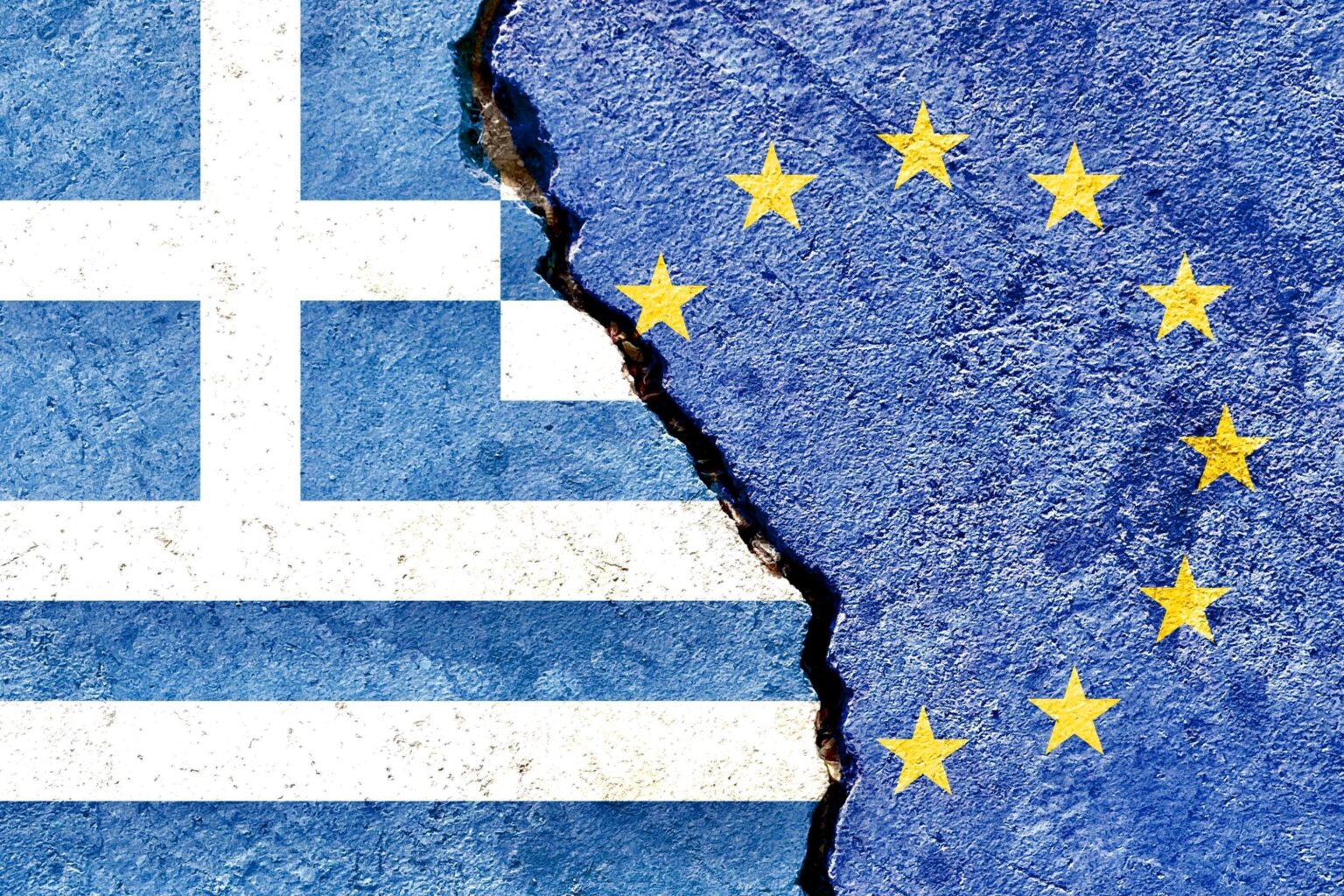The European Commission has handed Greece its largest agriculture-related sanction to date, ordering Athens to pay €392.2 million (about US$451.9 million) after auditors uncovered years of systemic mismanagement in the country’s farm-subsidy programme. The decision follows an in-depth probe of the Greek payment agency OPEKEPE, which distributes EU Common Agricultural Policy (CAP) funds. Investigators concluded that supervisory controls between 2016 and 2022 were so weak that false claims could proliferate virtually unchecked.
Alongside the lump-sum penalty, Brussels will also withhold 5 % of Greece’s future farm subsidies, citing the need to safeguard EU coffers while Athens rebuilds its oversight framework. Greece was in line to receive roughly €1.9 billion in direct payments next year, so the claw-back and future cuts represent a tangible hit to the national budget.
How The Subsidy Scheme Unravelled
The scandal first surfaced when European prosecutors charged about 100 livestock farmers with filing fictitious land-lease and ownership declarations to tap CAP money reserved for pasture maintenance. Many of the accused did not even reside in the regions listed on their paperwork, yet OPEKEPE still green-lit the payouts. EU auditors later found that local inspectors often relied on outdated maps, rarely cross-checked on-site, and lacked digital tools that other member states now use to verify satellite imagery in real time.
The shortcomings created the perfect environment for fraud: applicants could inflate parcel sizes, claim nonexistent fields, or recycle the same land plots among multiple relatives. As the fraud’s scope widened, Brussels began docking annual reimbursements; however, the newly announced fine is the first to combine a one-off penalty with a multiyear funding reduction, underscoring the Commission’s frustration at what it called “persistent and systemic” failures.
Fiscal And Political Fallout In Athens
For Prime Minister Kyriakos Mitsotakis’s government, already navigating a delicate post-bailout recovery, the timing could hardly be worse. The country’s CAP inflows finance direct income support for roughly 650,000 farmers and underpin rural employment in less-developed regions. Economists estimate the immediate cash payment will shave 0.15–0.20 percentage points off this year’s primary surplus target, while the 5 % withholding could constrain agricultural investment over the medium term.
In parliament, opposition parties are demanding a public inquiry, arguing that endemic clientelism allowed subsidy fraud to flourish even after Greece exited its EU-supervised bailout in 2018. Rural cooperatives, for their part, worry legitimate producers will now face tougher paperwork and longer payment cycles just as drought-driven feed prices surge. Senior finance-ministry officials insist the penalty can be absorbed without revising fiscal forecasts, but analysts caution that any slippage may force Athens back into unpopular spending cuts.
Blueprint For Reform And Wider EU Implications
To restore credibility, Athens last month pledged to fold OPEKEPE into the national tax authority and deploy international consultants to design a modern compliance system that blends geospatial monitoring, automated cross-checks with cadastral data, and live herd-tracking databases.
Brussels has signalled that implementation speed will influence how quickly the 5 % claw-back might be lifted. Beyond Greece, the case illustrates a growing determination within the EU to police CAP spending more aggressively: Commissioner Janusz Wojciechowski recently warned that member states risk stiffer penalties if they fail to digitise inspection regimes and prosecute fraud swiftly.
With the next CAP reform round due in 2027—and budget pressures mounting from green-transition programmes—analysts say Greece’s record fine could become a template for future enforcement, reinforcing the principle that EU funds are contingent on demonstrable accountability.


